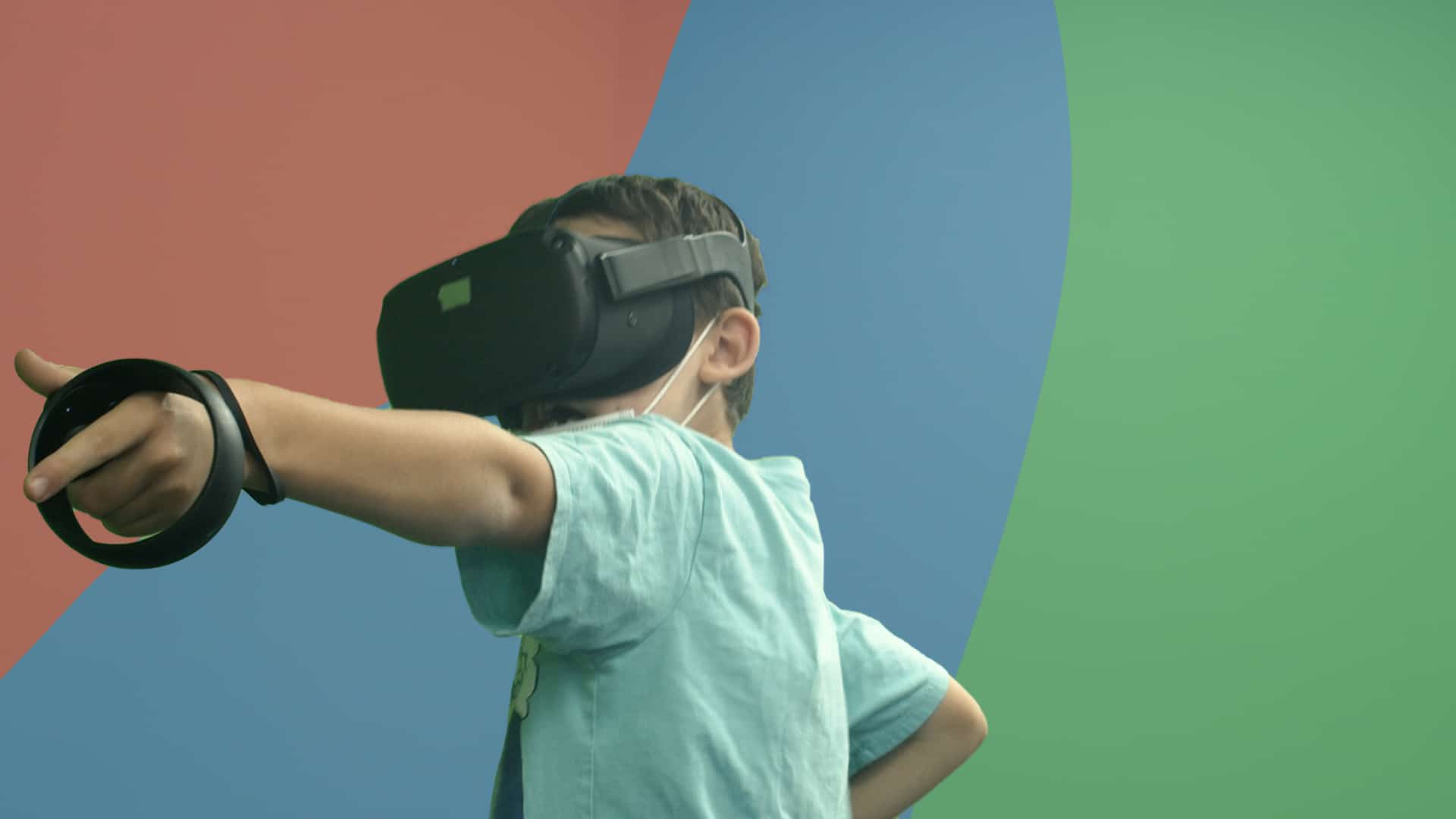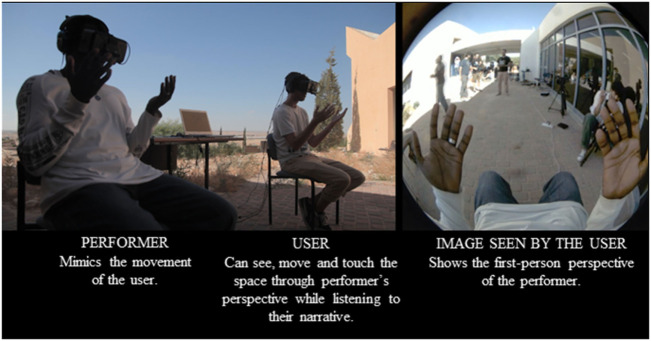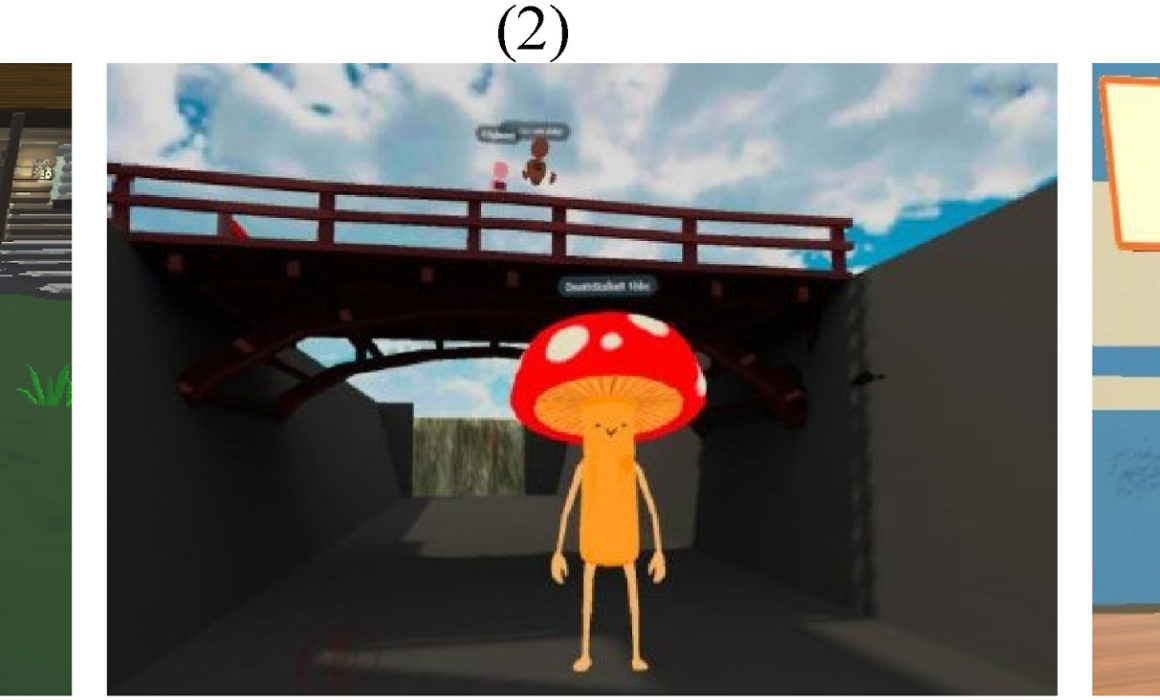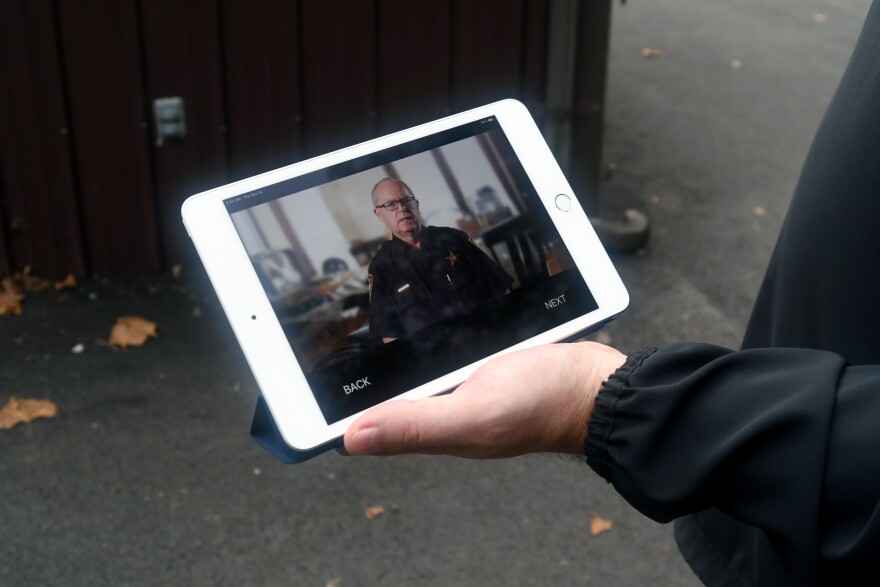With its ability to simulate real world learning exercises and ‘teleport’ students to historically accurate or imagined worlds, Virtual Reality (VR) is being used to teach academic subjects ranging from STEM to Shakespeare. These same features of VR are also being explored to teach a different type of subject matter to those with learning disabilities. One that focuses more on interpersonal development and professional skills development.
Spaulding Academy & Family Services is among multiple special education schools implementing VR into their curriculum and seeing measurable results. Their goal was to meet the needs of all their students, centering their experiences around “physiological and sensory regulation, emotional regulation, skill-building, social interaction, and transitions.” Students with limited mobility were directly catered to; their sensory needs being met by using a VR headset and essentially “tricking” the “vestibular-ocular system into feeling that it is receiving needed movement stimulation.” From an emotional regulation outlook, VR provides a calming experience if students are overstimulated throughout the day, ruling out the possibility of heightened emotions or a classroom crisis. Results have been very promising for Spaulding Academy; VR has opened the door for students to control their emotions, find a safe space when needed, and strengthen their communication skills.
Implementation goes beyond emotional control – students on the autism spectrum are also utilizing VR for job preparedness. A pilot study was conducted in an effort to improve interview skills among autistic adolescents. Participants were divided into an experimental group and a control group. The experimental group underwent 10 hours of interview training with a virtual avatar, resulting in overall improved interview skills and employment outcomes. Further research will likely be conducted to predict the efficacy of implementing VR training into special education programs across the country.
A study conducted back in 2018 was one of the first indicators that VR technology could be used for more than just gaming – Using virtual reality to train emotional and social skills in children with autism spectrum disorder. Researchers studied 94 children who were diagnosed with autism spectrum disorders (ASD) and displayed poor social and communication skills. One of the most significant obstacles faced in this disorder is responding with appropriate facial expressions when in conversation. The subjects took part in “six VR scenarios depicting the daily lives of typical children in Hong Kong”, followed by a debriefing session to apply what they learned in real life. Results suggested that “children from [the] training group scored higher on emotion expression and regulation” as well as “higher on social interaction and adaptation” following the training. In the weeks after the study, “many parents expressed that their children were much more proactive in greeting and communicating with neighbors and relatives,” which led to engaging more in conversations and subsequently making more friends. Since the results of this study were released, there have been countless other studies with similar results – increased self-awareness, communication skills, and expression recognition.
Foretell Reality is a VR platform that provides safe, secure environments, customizable environments, and tools for trainers and educators to facilitate role play and simulation training for skills for the real world.


















Recent Comments